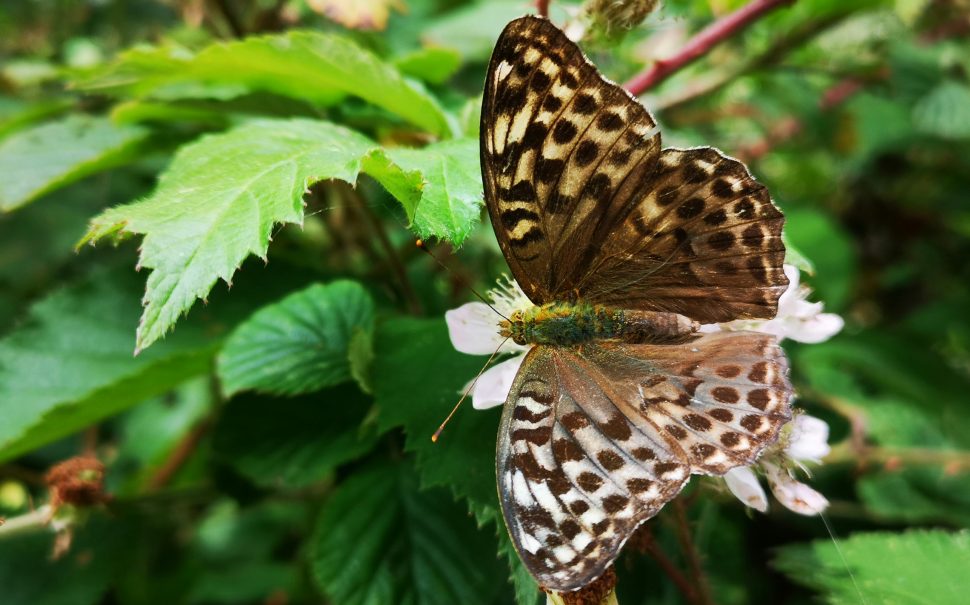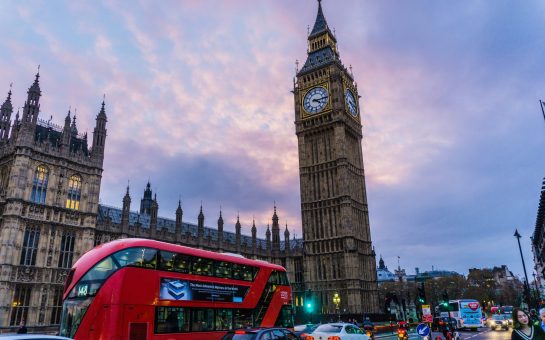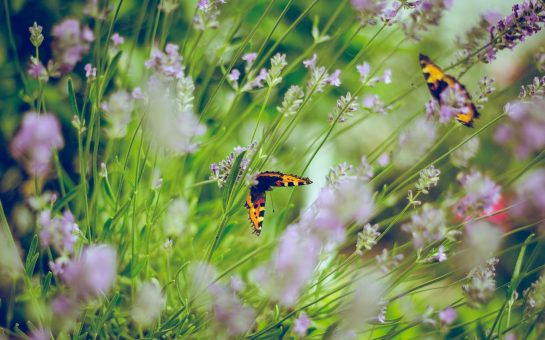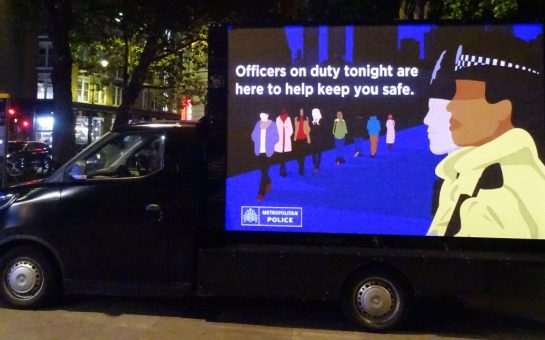A nationwide butterfly emergency was announced today by wildlife charity Butterfly Conservation after the results of their Big Butterfly Count 2024 were lower than ever.
The results of the July-August Count show that the average butterflies spotted per minute has gone down by nearly 50%.
In total, the number of winged insects in the Count declined by over a third since last year and the numbers are lower than they have been since the Count started in 2010.
It was the worst summer on record for common species such as the holly blue, common blue and small white.
Owner of London Butterfly Gardens Matthew Simmonds said: “It’s a shame it has to come to something like this where we’ve had to report such a decline to really start trying to get our message across.”
London Butterfly Gardens in Bexley has a tropical butterfly conservatory but also works on tracking the population of the native species outside.
Research here and at Simmonds’ other site in Sussex showed a huge decline in many of the native butterfly species.
Simmonds hopes that declaring a national emergency will encourage the Government to start paying attention to the decline of many native species.
He said one of the reasons for the decline is the liberal use of neonicotinoid pesticides in the UK.
These are a type of insecticides used widely on farms, specifically in crop protection, which kill many flying insects such as butterflies in the process.
Butterfly Conservation wrote an open letter to the Government asking them to declare a ‘Nature Emergency’ and ban neonicotinoid pesticides.
Simmonds said another reason for the low numbers is the cold, damp spells experienced in the UK earlier this year.
He said new parasites are also a problem, since they can decimate the number of a common species of butterfly very easily.
Butterflies are counted because they are easy to spot, and the results are representative of the ecosystem, so Simmons warns that many other garden insects must be on the decline too.
However, Simmonds said the warmth predicted for the end of September will help the migratory species such as red admirals and painted ladies do well.
People can help by putting out any windfall apples for the butterflies to feed on or by planting buddleias and Michaelmas daisies which flower in early autumn.
The welfare of butterflies is integral to our ecosystem since they pollinate flowers and plants and are food for other animals like birds.





Join the discussion